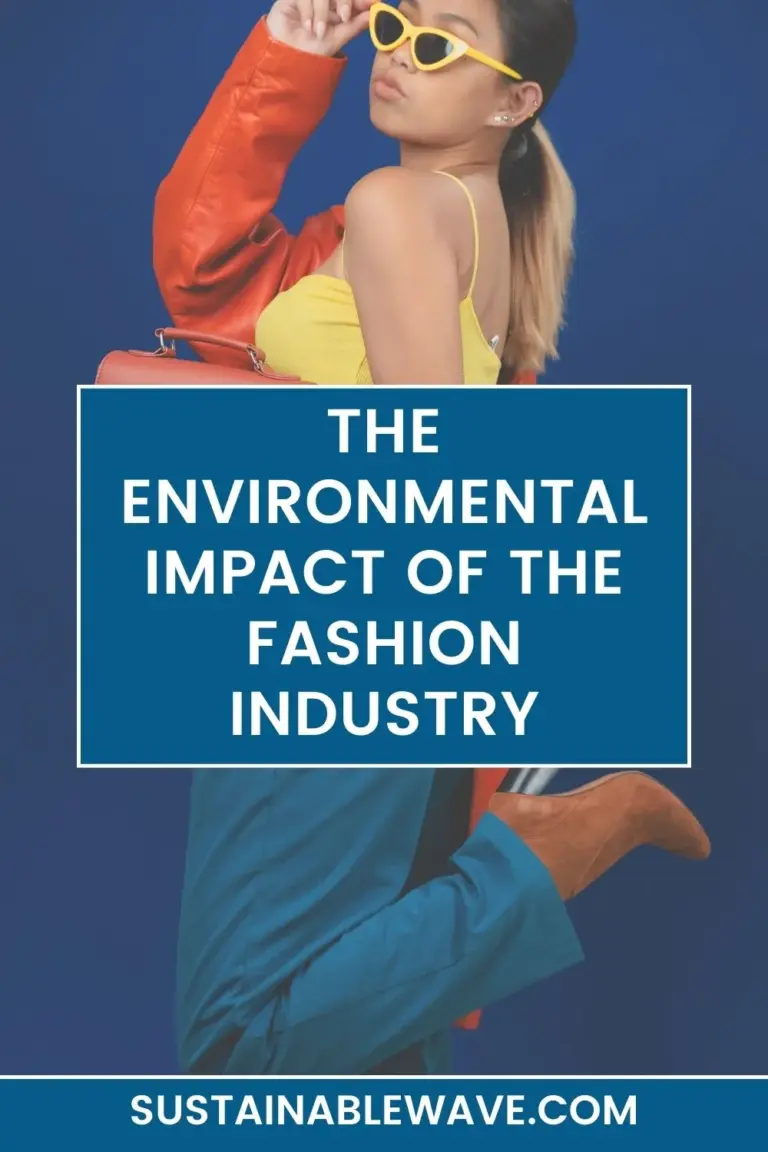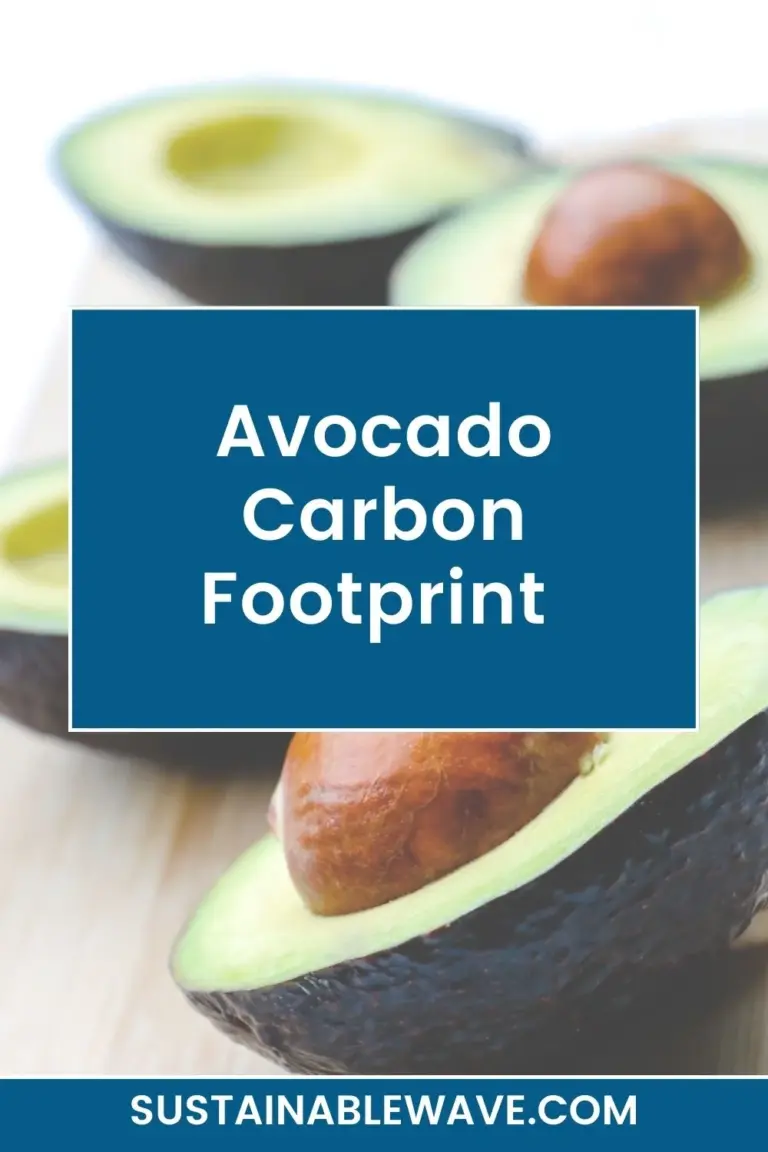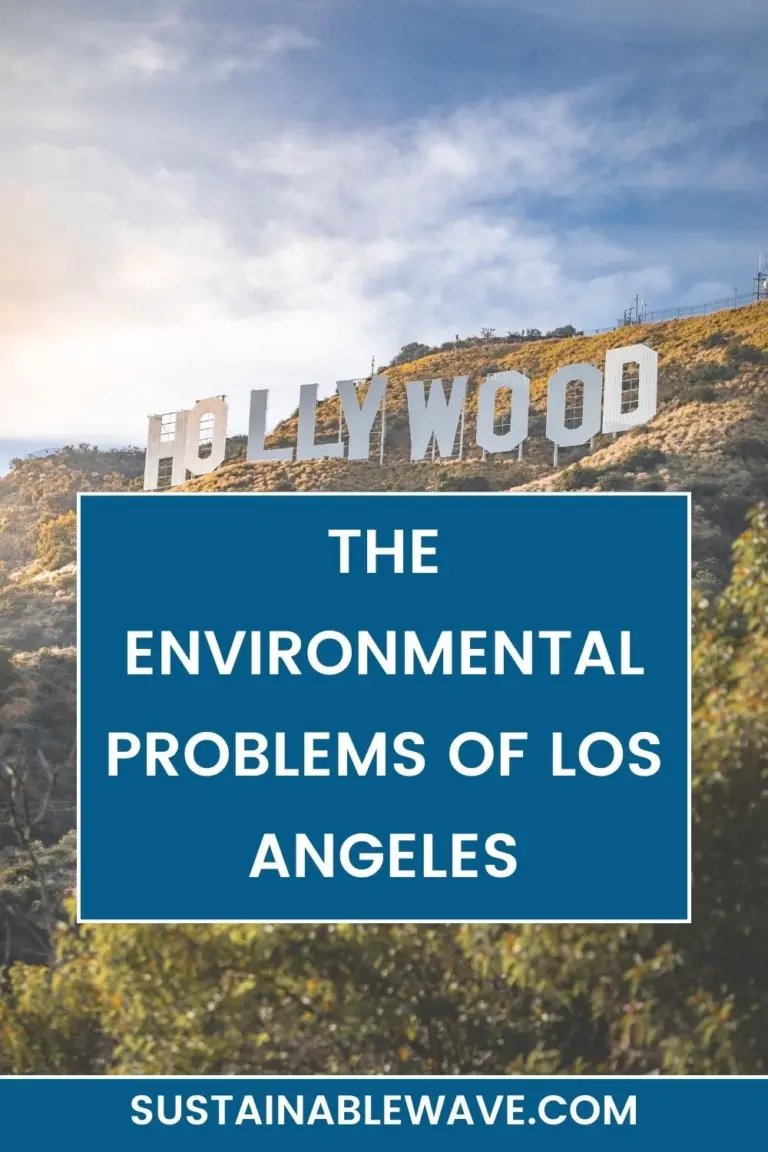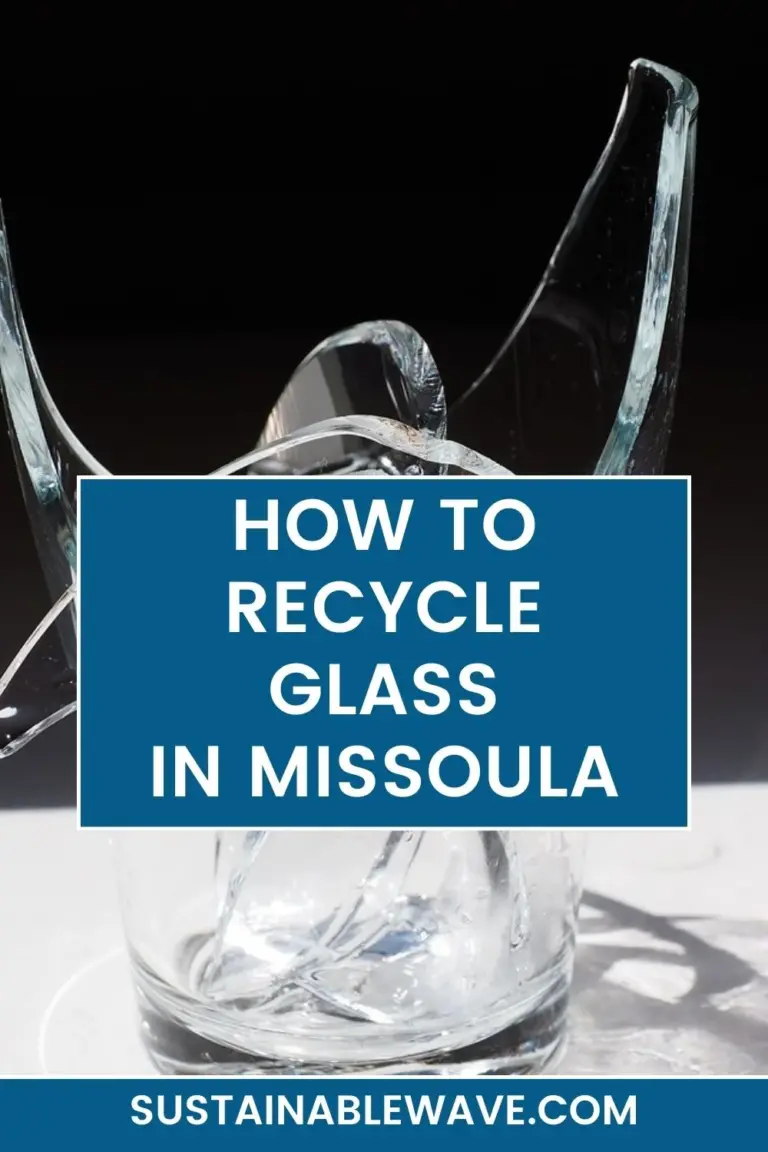As someone deeply invested in sustainable living and compassionate choices, I’ve explored various alternatives to traditional winter fabrics that align with vegan principles.
Through my journey, I’ve discovered that layering innovative fabrics such as Tencel, modal fleece, and organic cotton flannel can provide the coziness we crave in the colder months.
Finding warm, eco-friendly materials that don’t compromise on comfort or ethics can be a challenge, especially when trying to avoid animal products like wool.
Best Vegan Winter Fabrics You Can Get
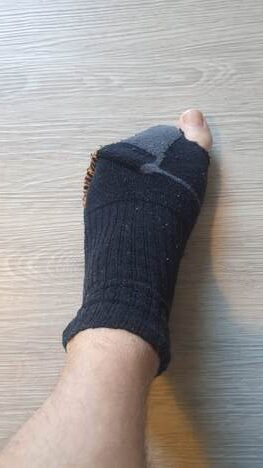
In this article, I’ll share insights and tips on navigating the world of vegan winter fabrics, ensuring you stay warm without compromising your values.
Cotton and Linen Layers
In my experience, layering with cotton and linen is a highly effective way to stay warm during the winter, particularly for those of us adhering to vegan and sustainable lifestyles.
These natural fibers, while not as insulating as wool, offer a great deal of comfort and breathability. By layering multiple pieces, you can create an adjustable system that works for different levels of cold.
Linen, though often associated with summer, has a unique weave that can trap warmth when layered.
Also, opting for secondhand pieces, especially those involving animal products like wool, is a personal choice that allows one to stay within the realm of sustainability without directly supporting the animal product industry.
Concerns About Cotton
Despite its popularity, cotton has its limitations in winter conditions.
It’s crucial to be aware that cotton loses its insulating properties when wet. This can pose risks in snowy or rainy conditions, as damp cotton can lead to significant heat loss. This is particularly vital for outdoor enthusiasts who might face variable weather conditions.
As an alternative, synthetic layers, or even naturally water-repellent fabrics like waxed cotton, might offer better protection while still adhering to vegan principles.
Alternatives to Wool

Exploring alternatives to wool has been an enlightening part of my sustainable fashion journey.
Fabrics like Tencel and modal fleece stand out for their softness and decent heat regulation. While they may not completely match wool’s insulating properties, they come close and are excellent for those who avoid animal products.
French terry, another fabric I’ve come across, offers a delightful blend of comfort and warmth, suitable for indoor and light outdoor use.
For those open to non-vegan options, secondhand silk, known for its surprising warmth, can be a sustainable choice, as it does not directly support the silk industry.
Organic cotton flannel is another fabric that has impressed me with its warmth and comfort, making it a viable option for vegan winter wear.
Waxed Cotton for Outerwear
In my wardrobe, waxed cotton has been a game-changer for outerwear. This material, known for its durability and water resistance, is a fantastic vegan alternative to traditional winter coats.
Unlike plain cotton, waxed cotton offers the added benefit of being less breathable, which works in your favor to retain heat in chilly conditions.
It’s particularly appealing for its longevity; you can rewax it as needed, extending the life of the garment significantly. This makes it not only a sustainable choice but also a practical one, providing robust protection against wind and rain without relying on synthetic materials.
Organic Cotton Flannel
Organic cotton offers a surprising amount of warmth, making it an excellent choice for vegan winter clothing.
Its soft texture and breathability make it comfortable for everyday wear, and it’s versatile enough to be used in various forms, from shirts to pajamas.
The organic aspect is particularly important to me, as it ensures the fabric is produced without harmful pesticides or chemicals, aligning with both my vegan and eco-conscious values.
While it may not be as widely available in some regions, it’s worth seeking out for its combination of comfort, warmth, and sustainability.
Cellulose and Protein Fibers
In my pursuit of warm vegan fabrics, I’ve come to appreciate the value of sustainably sourced cellulose and protein fibers. These materials offer an intriguing balance between eco-friendliness and functionality.
Protein fibers, particularly those like alpaca or blends of lambswool and silk, are noteworthy for their superior warmth.
While they’re not vegan, choosing undyed, natural versions and focusing on secondhand finds can be a compromise for those who prioritize sustainability but struggle with vegan options due to allergies or sensitivities.
These fibers are often softer and less likely to irritate the skin, making them an excellent choice for layering over a base fabric like cotton flannel.
Plastic Shell
Incorporating a plastic shell over layers of clothing is a strategy I’ve experimented with, particularly in damp or windy conditions.
While the idea of using plastic may not immediately appeal to those of us focused on sustainability, it’s a practical solution for staying dry and warm.
The shell acts as a barrier against the elements, effectively trapping heat and blocking wind and moisture. This can be particularly useful when wearing layers of cotton or other materials that don’t fare well when wet.
It’s a reminder that sometimes, practicality and necessity can guide our choices, even as we strive to make environmentally conscious decisions.
What is Vegan Fabrics Made Of?
Vegan fabrics are made from materials that do not involve animal products or byproducts. This includes a wide range of natural and synthetic fibers.
Natural vegan fabrics are derived from plants: cotton, linen (made from flax), hemp, and bamboo are popular examples. These fibers are valued for their breathability, durability, and biodegradability. Additionally, innovative materials like Tencel and Modal, made from sustainably sourced wood pulp, offer eco-friendly alternatives with a soft, luxurious feel.
On the synthetic side, vegan fabrics include polyester, acrylic, and nylon, which are petroleum-based. These materials are known for their durability and versatility but are less eco-friendly due to their non-biodegradable nature.
Recently, there’s been a push towards more sustainable synthetic options like recycled polyester and bioplastics, which aim to reduce environmental impact.
Vegan fabrics prioritize cruelty-free and ethical production, aligning with a lifestyle that seeks to minimize harm to animals and often, though not always, focuses on environmental sustainability.
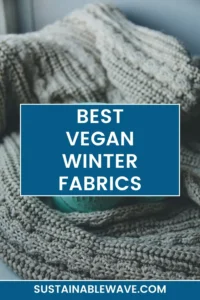
I’m Thomas, the owner of SustainableWave. Passionately promoting a sustainable planet. With experience in various eco-roles, I’ll share green tips, sustainability hacks, and personal eco-journeys on my blog.


